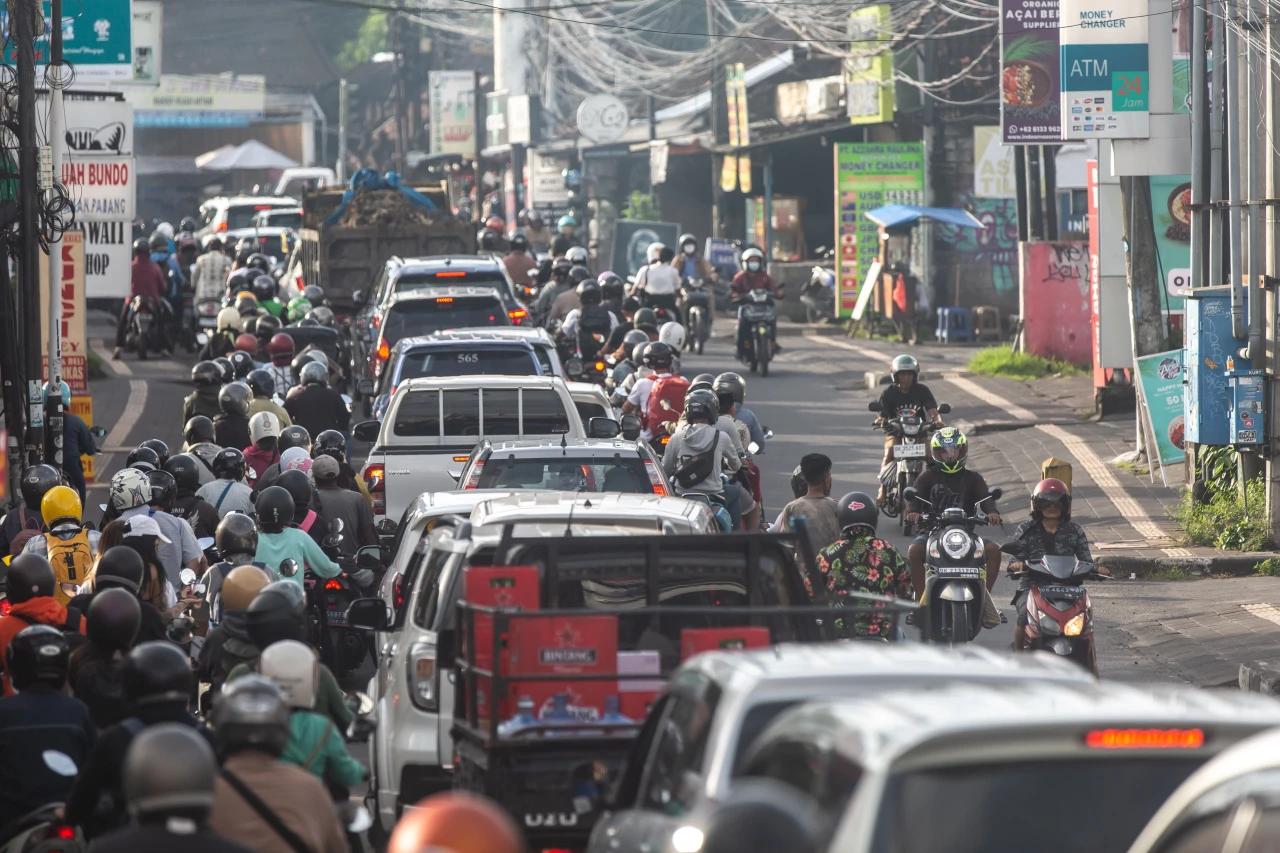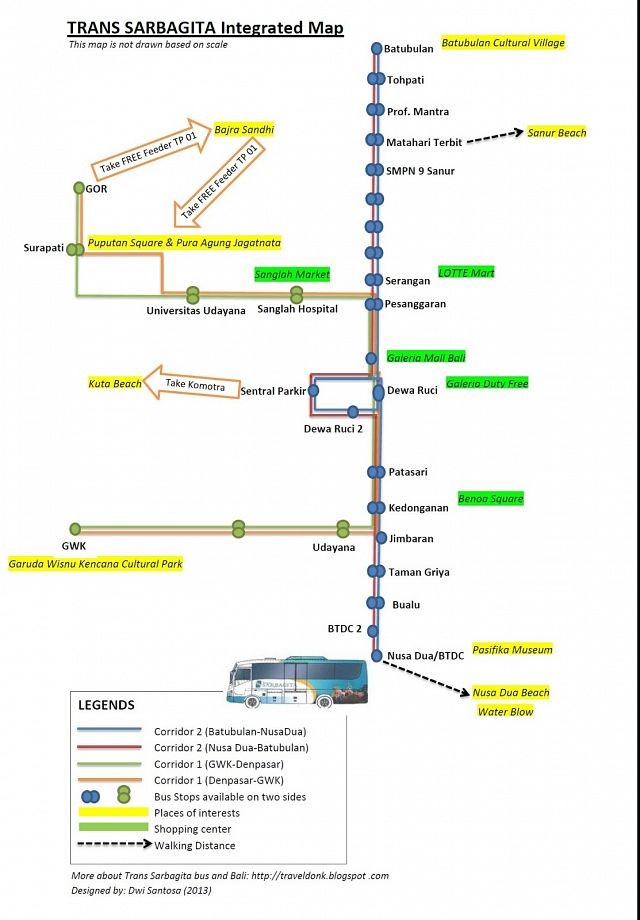The underdeveloped public transportation system in Bali is one of the major challenges facing the Island of the Gods. Both locals and tourists are forced to rely on private or rented vehicles, such as cars and motorbikes, as well as taxis, which puts enormous pressure on the island's road network.

Efforts to combat traffic congestion began on a large scale just a couple of weeks ago when the Bali government announced the start of a metro construction project. However, passengers will not be able to use the first metro line for at least five years. Until then, more immediate solutions are needed, according to Indonesia’s Minister of Transport, Budi Karya Sumadi. During the celebration of National Transportation Day, he visited Bali's Benoa Port and spoke with journalists.
The minister revealed that his team is working on a comprehensive public transportation model for the entire island. “We are in talks with Bali's governor. One of the points is the launch of a driverless metro train (LRT). There are already several [investors] from South Korea and China interested in providing loans to the Indonesian government,” said Sumadi.
He also mentioned the potential implementation of a subsidy mechanism known as Buy The Service (BTS) in Bali, which has already been adopted in 13 cities. Under this scheme, the government purchases services from transportation companies to make public transport more accessible to both residents and tourists. This is aimed at reducing the reliance on private vehicles.
Sumadi highlighted Bali’s capacity to handle even more visitors, noting that the Ngurah Rai International Airport is functioning well. “Currently, the airport handles over 30 million passengers annually, and this will be increased to 45 million,” the minister assured.
While no further details of the comprehensive transportation development plan were revealed, questions remain about how the metro system will integrate with planned tram lines, new toll roads, and an expanded bus network. Both locals and returning tourists are eager for more information.
The first phase of metro construction is already underway and includes a 16-kilometer section from Ngurah Rai Airport to Kuta, Seminyak, Berawa, and Canggu. The second phase will add a 13.5-kilometer line connecting the airport to Jimbaran and Nusa Dua, with both lines expected to be operational by the end of 2031. Residents in areas affected by the construction have been warned about potential additional traffic disruptions.
Sources: balipost-com.

You can add one right now!